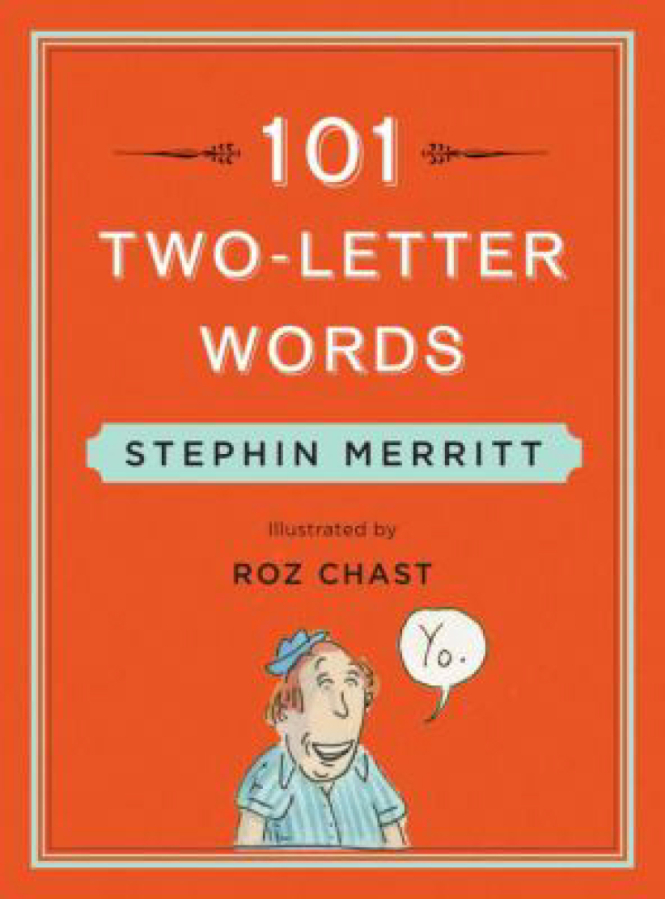Have you had occasion to consider two-letter words? Vocabulary-wise, words such as “is” and “it” don’t pack the same verbal punch as say, “apoplectic” or “velociraptor.” But if it was suddenly decided that two-letter words were no longer deemed important in the English language, think about all we would lose. No more me, ma or pi. No pi? Oh my! No “Do, re, mi, fa, so, la, ti, do” in the “The Sound of Music” (which would have to be titled “The Sound Music” — not very inspiring or understandable). To be or not to be? Not to be, Shakespeare fans. Thank goodness we’re not in danger of losing our etymologically diminutive friends. Small in size but powerful in function, two-letter words act like linguistic couplers, linking other words together to produce meaningful sentences. But wait, there’s more. Many two-letter words can also stand on their own, expressing clear messages with a mere two letters: Oh! Hi! Ah! Ha! In other words, binary units of language are the secret rock stars of communication.
Speaking of rock stars, Stephin Merritt, the author of “101 Two-Letter Words,” just happens to be a rock star himself, best known as a songwriter and singer for the bands “The Magnetic Fields,” “The Gothic Archies,” and “Future Bible Heroes.” When he’s not writing songs or singing, he enjoys playing Scrabble on his smartphone — and here’s where a musician’s life becomes intimately involved with two-letter words. In the book’s introduction, Merritt admits that when it comes to Scrabble he’s “a fairly good player. … But I can never remember all the two-letter words, without which such word games are clunky and awkward.” So, what did he do? He started writing “little poems as mnemonic devices” for each two-letter word admissible in Scrabble. Well, one poem led to another, and with a collection of 101 poems, he realized he had the contents for a book.
The word “am” — a powerhouse in the world of duplex-lettered vocabulary — is poetically described this way by Merritt: “I think, there I am,” declared / Descartes, while he was living. / That thought remains, while he does not … / which causes some misgiving.” “To” — a word so common and unassuming that it’s easy to take “to” for granted — receives this poetic treatment: “To Toto, Oz and Kansas must / look pretty much alike. / In Oz, the witch is on a broom; / in Kansas, on a bike.”
Perhaps “am” and “to” aren’t that hard to remember when playing Scrabble; but having some lesser-known two-letter words in your glossary could make a great deal of difference between winning and losing. Take “ka” for example. Saying “ka” out loud might call forth a murder of crows; but remembering to use it in Scrabble might be easier if you associate “ka” with mummies like Merritt does: “Your ka, or walking spirit, / needs a mummy, or — kaput! / So mummify yourself. Start now! / Begin with either foot.” Ka-ka, ka ka!



